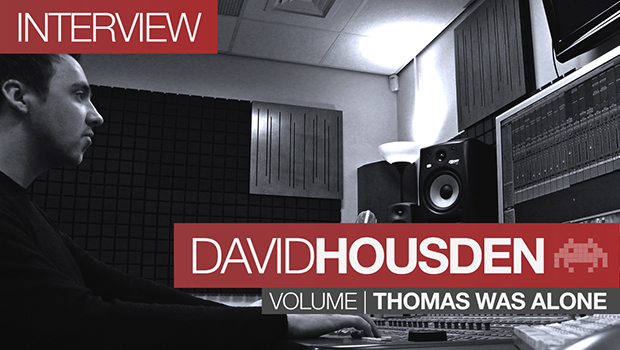

David Housden is a BAFTA winning composer, producer, and sound designer for games, TV, and film. After his recent work on Thomas Was Alone and Volume, I was extremely excited to catch up with him to discuss music, games and the industry.
[Soundcloud link]What games did you enjoy growing up?
My earliest memory of games are of playing Sonic and Alex the Kidd on my Aunt and Uncles Master System, and the original Mario on Gameboy. I can’t remember which I discovered first. I loved Golden Axe and the classic Disney games on Megadrive, then my tastes matured with the advent of PlayStation. I fell in love with RPG’s and Survival Horrors. Final Fantasy VIII and Silent Hill both hold places in my top 5 games of all time.
What video game soundtracks have stayed with you?
Final Fantasy VIII, definitely! Easily my favourite game score of all time and formed a defining part of my teenage years. It was the first game soundtrack I ever purchased. Akira Yamaoka’s work on Silent Hill 2 is probably my second favourite. The industrial, grinding sounds he works with are truly unsettling, but I love that he also approached things from a really melodic angle in places as well. This really makes the story a lot more hard hitting, than if he’d just set out to scare you with the music.
What’s your favourite track of yours to date?
My favourite track that I’ve written to date is ‘Freedom’ from Thomas Was Alone. ‘Revolution’ from Volume isn’t too far behind though.
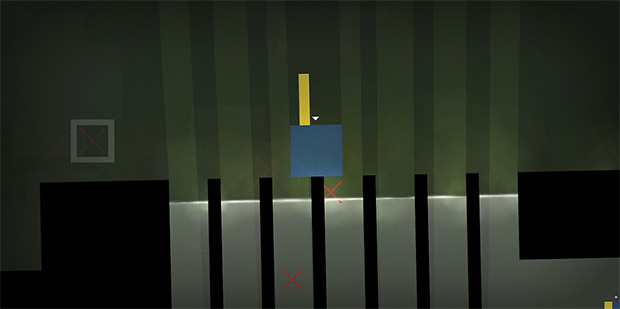
What’s your favourite game (old and current)?
I can’t pick my favourite game, my top 5 games are Final Fantasy VIII, Silent Hill 2, Kingdom Hearts, Resident Evil 4 and The Last of Us. Resi 4 and The Last of Us replaced MGS2 and Red Dead Redemption, respectively. Hopefully something from this gen will manage to work its way in there as well! Bloodborne came very close, I have to say.
So how did you start your video game music journey?
Relatively late in the day. It wasn’t until my second year of university that I even considered it as an option, and even then it was completely by chance as my teacher had managed to negotiate a work experience placement for one of the students, and they picked me. After that I began gearing my modules towards writing for games and put a showreel together alongside my dissertation. I was playing in a band at the same time and met someone at a show who worked for a new company called Bossa Studios. He passed my details along to their lead designer who was working on a hobby project in his spare time and needed some music for it. Hey presto, my relationship with Mike Bithell began and Thomas Was Alone was made. The rest has transpired from there
What are the biggest challenges unique to games compared to other forms of entertainment and media, and how do composers account for this?
Writing interactively is the biggest challenge working in games presents for me. Not knowing how long the player will spend in any one section, or what choices or paths they may take, means that we have to write adaptive music that can be coded to tailor fit the experience uniquely to each players actions. This is something you don’t even have to consider when writing for linear formats, and definitely presents a creative challenge. With those constraints also comes an entirely new world of possibility though, so it’s best to embrace it and explore what can be achieved with this way of writing.
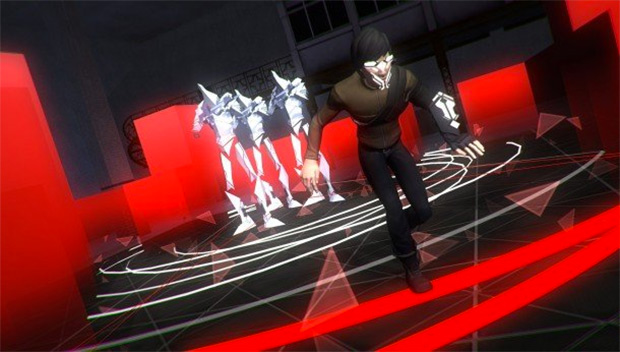
Personally, I love to listen to the online radio station StreamingSoundtracks.com but is it safe to say that games composers have lower profiles than film composers, e.g. John Williams, Hans Zimmer, etc? Is this now changing?
I think it’s fair to say that any composer born in the last century probably has a lower profile than Williams and Zimmer. I think what we’re finding now is that the line between ‘game composer’ and ‘film composer’ are incredibly blurred now. Most people work across multiple mediums these days and the larger AAA franchises in particular won’t even ship without a Hollywood name attached to the music credits. For better or worse every CoD or Assassin’s Creed has a big name Hollywood composer involved now. Equally people who cut their teeth on games have gone on to score feature films such as Disasterpeace and Jason Graves.
Who is your favourite game composer?
Easy one, Nobuo Uematsu!
What was the inspiration behind the Volume soundtrack and where did you start?
The main influence was the concept of old vs new. An old legend being presented in a contemporary context, so I wanted to find a way of sonically representing that. As such I’ve used a lot of period/ethnic instruments which have a dated tone to them and mixed them together with more modern cinematic elements, to create a sort of hybrid which (hopefully) sounds simultaneously current, futuristic and with a foot in the past.
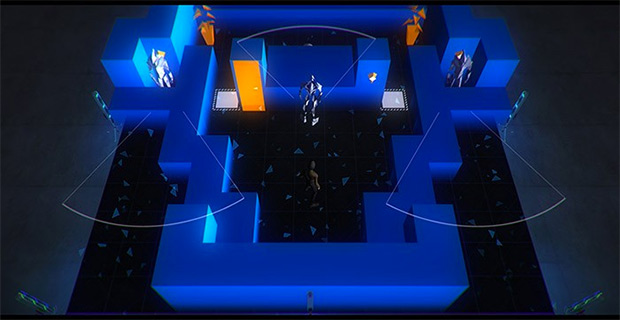
The volume soundtrack has various ups and down ranging from the slow ethereal melodies to rushing epic crescendos. How did you approach the different styles needed?
With difficulty! The slow ethereal stuff came relatively easy to me, as that’s my bread and butter. But the big action music was a definite departure from my comfort zone. I really grew into it as the game progressed, but I decided ultimately to consult with someone who really knows what they’re doing with that genre and was fortunate enough to work with a guy called Daniel James. He took all of my arrangements and beefed them up so they sounded huge. So happy with the end result on those.
Did you ever get chance to play Volume and Thomas Was Alone as finished games, or did you see each level through a developer console?
Thomas yes, Volume no as my Mac’s graphics card couldn’t run it!
When creating a soundtrack for Thomas Was Alone, did you just have to work from a brief or did you get the original flash game to work with?
I had a very brief, brief to work from and the flash game was available for anyone to play so I may have dipped in and out of it occasionally to check that I wasn’t writing completely antagonistically to the core of the game. Once the tracks were actually coded into the engine I’d play everything through to make sure there were no issues with the playback and everything was working as I wanted.
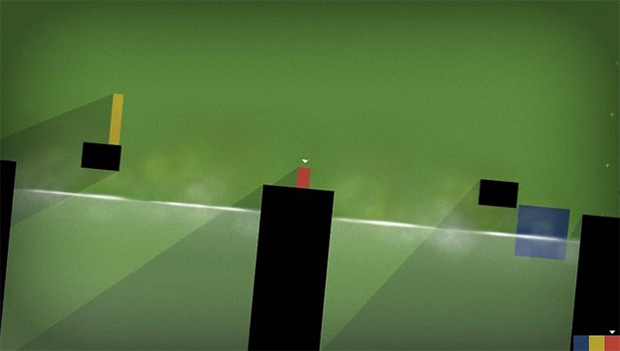
There is a certain minimalism with both Thomas was alone and Volume. Was this a consideration when composing the soundtrack?
Absolutely, I’m naturally quite a minimalist composer so I think that works out quite nicely. Both TWA and Volume have their larger moments but there’s also a lot of emptiness and a feel of isolation that I sometimes capture.
In the track ‘As it was, so it shall be’ you use the voice talents of Riva Taylor. What was she like to work with and how was it having to rely on other musicians when creating a piece?
I actually used her throughout the soundtrack, it’s just there she really gets to shine on her own so I felt she should receive a featuring credit. She was an absolute joy to work with. Consummate professional with an amazing voice and she breezed through everything I threw at her. All of the pieces were already created and written before it came to the live recording stage, so it was just a case of getting overdubs for the various instruments at the end. I’d like to have the opportunity to actually write and work collaboratively with people in the future though.
Thomas Was Alone is a loving homage to the early platforms like Mario and Volume screams the early MGS games with Pac Man like jewel collection in for good measure. How do these tributes to retro gaming influence your composing?
They don’t to be brutally honest. Perhaps I use them as something to steer clear of, if anything. The mere fact that you’re able to discern a visual correlation with past titles really emphasises the importance of trying to do something unique and different musically.
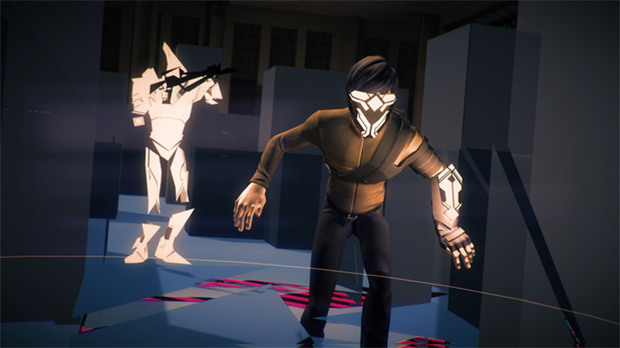
What is Mike Bithell like to work with?
He’s great! I get so much freedom with Mike, he brings me in at the start of projects, gives me basic guidelines and doesn’t get precious if I happen to venture outside them (which I always do) and then trusts me to go away and do the job he hires me for. We obviously have a dialogue and go back and forth throughout development, but it’s a really smooth way of working and so far has yielded some great results.
As You, Mike and Danny have all worked on the last two games, do you think you’ll to work together on other projects?
I imagine so. Mike’s built a good team of people around him as well as having some long term collaborators in myself and Danny now. I think there’ll probably be some more to come from us before anyone thinks about breaking up the band. That being said I don’t take anything for granted and he may well one day decide that LA breeds more glamorous music than Suffolk, or that he wants to create a game without any wry British humour, so you never know.
Are there any games that you are working on that you can tell us about?
Unfortunately no is the answer to that question! I’m currently working on my first AAA title which is very exciting for me, but I’m under strict NDA for the foreseeable future on that. I also have a film and a couple of other games in the works, but they’re all at too early a stage to talk about currently.
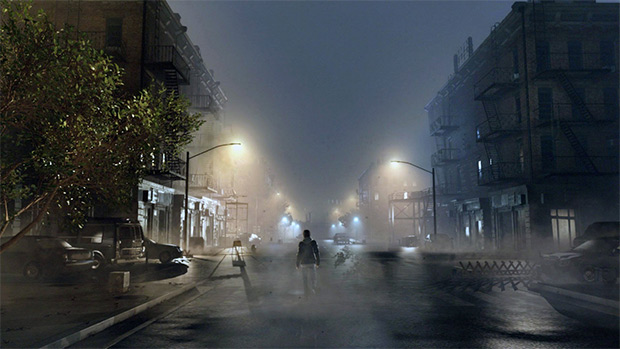
What would be your dream game to compose the score for?
I’d be tempted to say a new Silent Hill, but I think I’d rather hear Akira Yamaoka do it than myself. Maybe a really cool new Survival Horror franchise that no one’s come up with yet. Something to aim for in the future!
For any budding game composer out there, have you got any tips or advice to get them started?
Work on student projects and low level indie games to begin with, there are thousands of mobile apps/games being developed all the time which need music. At the same time, hone your craft before you start getting too carried away with finding work. If your music’s not at a level where it can compete with what’s already readily available in the market, then your time would be better spent working on that. Once your chops of there, it’s just a case of finding projects and building working relationships with people. Get a full time job and compose around that. When you start making money from it, think about cutting your day job hours down. Hopefully one day you’ll be able to get to a point where you can afford to write music full time!
How do you expect the world of video game music to change in the coming years? What trends are you seeing as a composer?
Well it’s getting cheaper and cheaper to work with live musicians these days, and the quality of sample libraries is getting better by the day, so I think the general standard of music we hear is only going to improve as years go by. In turn, there’s going to be more pressure on to find originality and stand out from the crowd in our writing, if everyone’s on a more even playing field in terms of the quality of production. The advent of Virtual Reality technology is probably going to be the next big thing we have to think about as composers. It won’t be long before this is standard and we’re looking at creating immersive 3D audio.
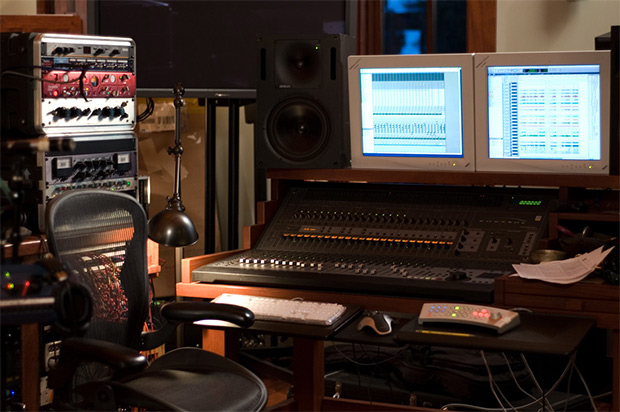
How difficult is it to break into composing for videogames in today’s market?
Incredibly difficult. But not impossible. A large degree of luck, is required, but if your music chops aren’t up to scratch it doesn’t matter how lucky you are. Concentrate on creating amazing music to a high standard, then have the faith and belief that if your stuff is good enough, it will just be a matter of time until the right person hears it.
If someone wanted to hire you what information do you need from the outset?
An overview of the game and what it’s about, intended market/platform, how much music’s required and what sort of music they have in mind, the timescale, and the budget.

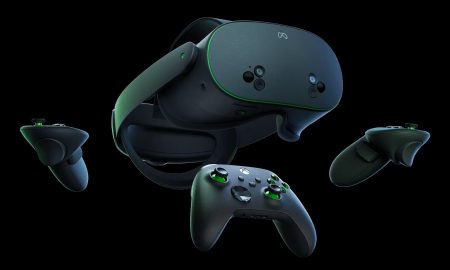
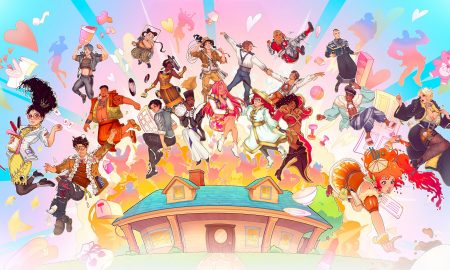
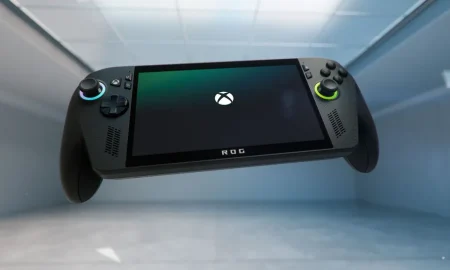

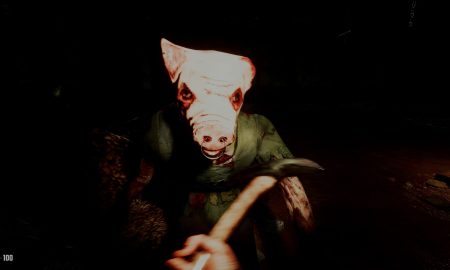








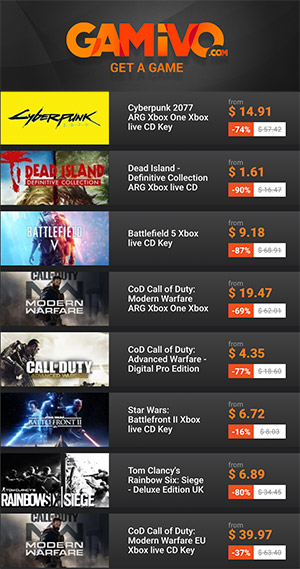















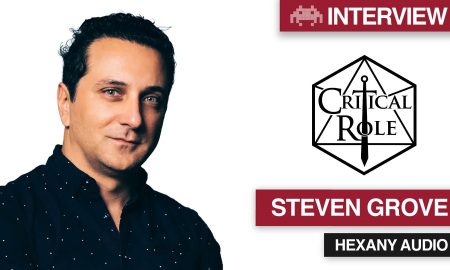
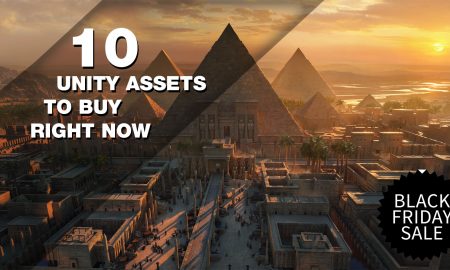
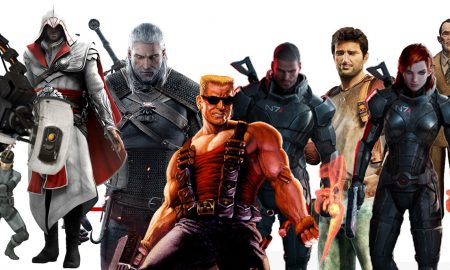
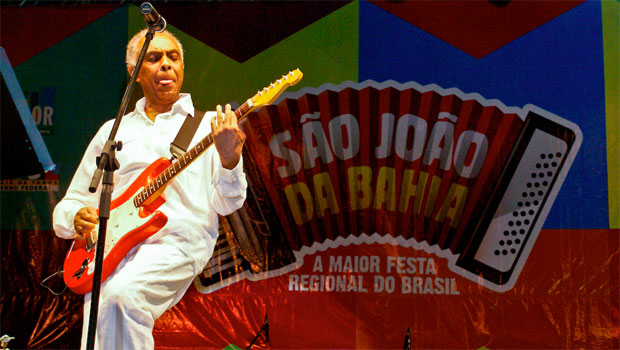
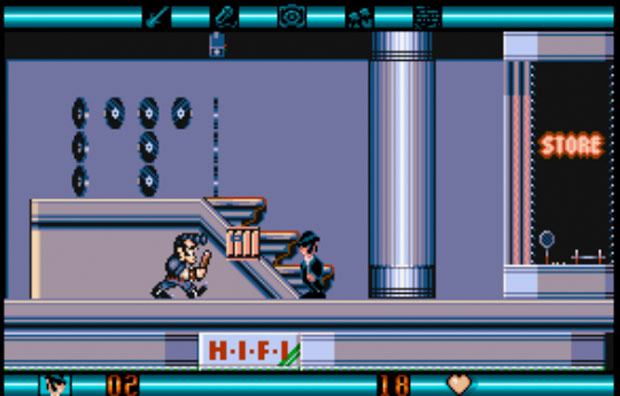
You must be logged in to post a comment Login